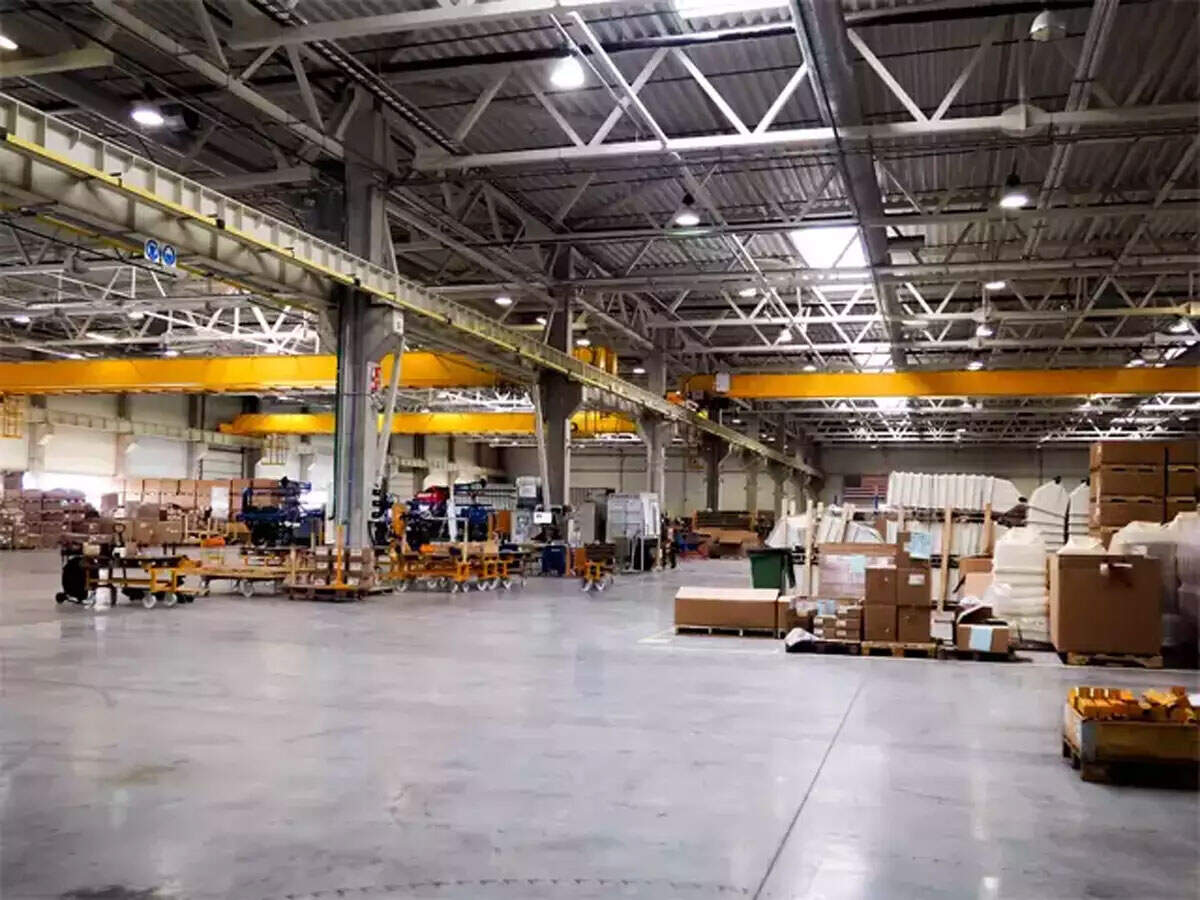
Amazon will hire nearly 50,000 temporary workers to cope with surging demand from online shoppers for both essential and non-essential products, as India eases nationwide restrictions announced in March to curtail the Covid-19 pandemic.
These temporary associates will work alongside the existing supply chain staff at the online marketplace helping to pick, pack, ship and deliver orders to customers.
“We are creating work opportunities for close to 50,000 seasonal associates across our fulfilment and delivery network,” said Akhil Saxena, VP of Customer Fulfilment Operations, APAC, MENA & LATAM at Amazon. These jobs will include part-time flexible work opportunities being offered through the American retailer’s newly launched Amazon Flex service, the company said.
Country manager Amit Agarwal tweeted that the additional workers would help Amazon “meet the surge in demand and to provide critical service in this difficult time.”
We’re opening close to 50,000 seasonal roles across our operations network to meet the surge in demand and to provi… https://t.co/Z6SzxLcmpX
— Amit Agarwal (@AmitAgarwal) 1590131360000
However, Amazon did not quantify the rise in demand following the opening up of ecommerce sales across the country — barring containment zones — or the extent of manpower shortage that it is facing.
Ever since the government ordered a nationwide shutdown on March 25, Amazon, like other ecommerce players in India, has seen a sharp reduction in on-ground staff owing to widespread displacement of workers.
And while there has been an improvement in fulfilment and delivery capabilities, ecommerce companies have been operating at suboptimal levels, experts said.
“I think 40-50% of these hires (by Amazon) will be to make up for the shortfall that they might have on the labour front and the rest might be for the planned additional demand that they might see,” said Rituparna Chakraborty, cofounder of staffing firm TeamLease. “It’s unlikely that Amazon will end up hiring 50,000 people in one go because they too will be cautious,” she said.
Analysts reckon the demand for items like smartphones, electronics products aiding remote working and studying, low-cost apparel, kitchen appliances and utensils is rising fast while that for large appliances such as dishwashers, vacuum cleaners and air conditioners is growing more slowly, said industry executives.
However, the overall sales for the industry is yet to reach the levels of 2019 when the sector notched up around $33.5 billion in sales, according to market tracker Forrester Research.
Amazon said it will follow the same standards of wellbeing for on-ground workers it rolled out at the start of the pandemic, which includes hazard pay, increased sick leave, apart from measures such as mandatory wearing of masks, temperature checks and regular sanitation of warehouses and delivery hubs.
Amazon in its most recent earnings call had said that it would spend a whopping $4 billion as part of its Covid-19 response globally, hurting its chances of turning a profit in Q2. The company said it would spend $350 million to hire additional workers and increase their pay in order to compensate them for their services.
In the US, where Amazon has seen a major surge in ordering due to the pandemic, the company has hired 175,000 additional workers. In India, the company has nearly doubled the pay of delivery and warehouse workers, in line with what most of the industry has been offering over the past two months.
Leave a Reply